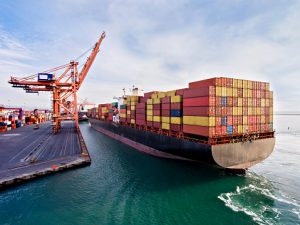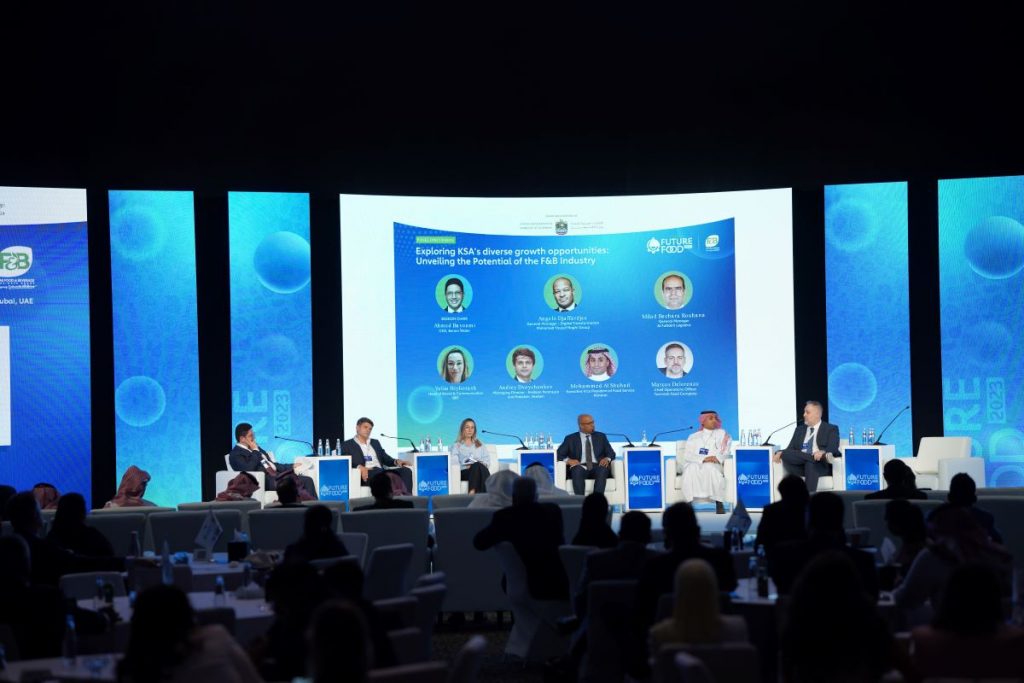(Reuters) – Pope Francis condemned speculation in food commodities and greed for profits on Thursday, saying they were undermining the global fight against poverty and hunger.
Addressing a United Nations conference on nutrition, he called on rich nations to share their wealth and denounced waste, excessive consumption and unequal distribution of food.
“It is also painful to see that the struggle against hunger and malnutrition is hindered by market priorities, the primacy of profit, which have reduced foodstuffs to a commodity like any other, subject to speculation, also of a financial nature,” he told delegates from more than 170 countries.
“The hungry remain, at the street corner, and ask to be recognized as citizens, to receive a healthy diet. We ask for dignity, not for charity,” he said at the United Nations Food and Agriculture Organization (FAO) headquarters in Rome.
The first pope from Latin America has made defense of the poor a central plank of his papacy, attacking the global economic system as being insensitive to them and not doing enough to share wealth with those who need it most.
Francis, who was known as the slum bishop in his native Buenos Aires because of his frequent visits to shantytowns, has invited Rome’s homeless to eat with him and recently asked aides to build shower stalls near the Vatican so homeless people in the neighborhood could have a place to wash up.
He told the delegates that the need for a fairer distribution of food around the world “cannot remain in the limbo of theory”.
Wars, mutual suspicion among nations, and some economic policies had hurt the poor the most. “He who lacks his daily bread or a decent job is well aware of this,” he told the delegates.
He condemned a “paradox of plenty,” where enough food is produced globally for everyone but not everyone can eat.
“There are few subjects about which we find as many fallacies as those related to hunger; few topics as likely to be manipulated by data, statistics, the demands of national security, corruption, or futile lamentation about the economic crisis. This is the first challenge to be overcome,” he said.
Francis said development plans and the work of international organizations “must take into consideration the wish, so frequent among ordinary people, for respect for fundamental human rights and, in this case, the rights of the hungry”.
(Reporting By Philip Pullella; Editing by Andrew Heavens)



